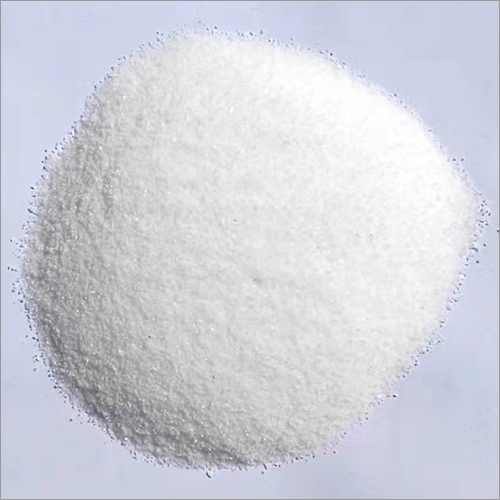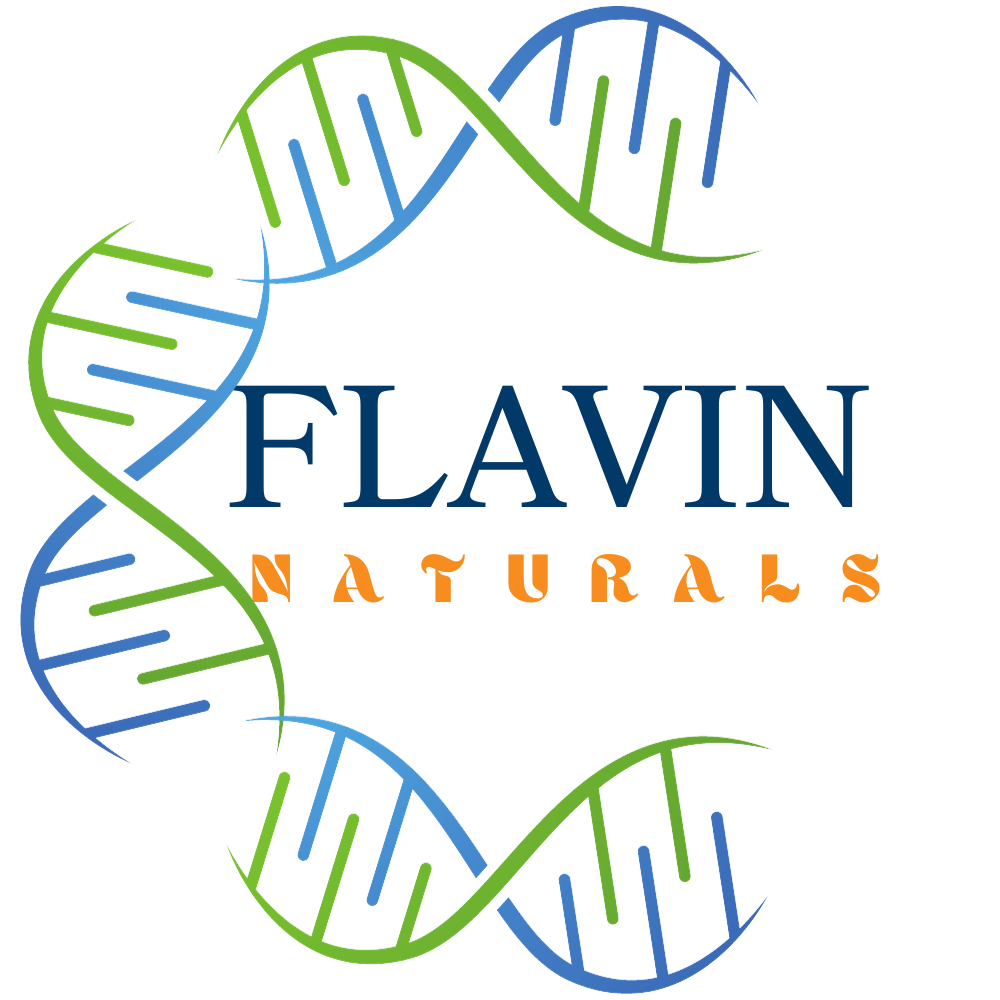5-Hydroxytryptophan
Product description
Zinc lactate is a form of zinc supplement in which zinc is combined with lactic acid, forming a highly bioavailable compound. Zinc, an essential mineral, plays a crucial role in various biological functions, including immune system support, wound healing, and cellular metabolism. Zinc lactate is commonly used in both dietary supplements and topical products because it offers an effective way to deliver zinc to the body.
Importance of Zinc Lactate:
Zinc is an essential trace mineral that the body needs in small amounts but cannot produce on its own. It is involved in over 300 enzymatic reactions and supports numerous vital processes:
- Immune System Function: Zinc is essential for the proper function of the immune system. It helps in the development and activation of immune cells, including T-cells, which are critical for defending the body against pathogens.
- Wound Healing: Zinc plays a key role in tissue repair and regeneration. It accelerates wound healing by promoting cell division and collagen synthesis, important for repairing skin and mucosal membranes.
- Cellular Growth and Division: Zinc is involved in DNA synthesis and cell division, making it necessary for growth, development, and overall cell health.
- Protein Synthesis: Zinc helps in protein synthesis, which is critical for the growth and repair of tissues and muscle mass.
Benefits of Zinc Lactate as a Supplement:
Enhanced Absorption and Bioavailability:
- Zinc lactate is more easily absorbed by the body compared to some other forms of zinc, such as zinc oxide. The presence of lactic acid enhances the mineral’s solubility, making it more bioavailable, meaning your body can more readily use the zinc from zinc lactate supplements.
Immune System Support:
- Zinc is essential for a healthy immune response. It supports the function of neutrophils (a type of white blood cell) and natural killer cells, both crucial for fighting infections. Zinc deficiency can impair immune function and increase susceptibility to illnesses.
- Supplementing with zinc lactate can help prevent or reduce the duration and severity of common colds, infections, and other immune system-related conditions.
Wound Healing and Skin Health:
- Zinc is vital for wound healing because it plays a key role in collagen formation and tissue repair. It is often used in the treatment of skin injuries, cuts, and burns.
- Zinc lactate can be particularly beneficial for individuals with chronic skin conditions like acne, eczema, or psoriasis. Zinc helps regulate the production of sebum (skin oil), reducing the risk of clogged pores, and it has anti-inflammatory properties that can soothe irritated skin.
Anti-Inflammatory Effects:
- Zinc has natural anti-inflammatory properties that may help reduce the symptoms of inflammatory conditions, including arthritis and inflammatory bowel disease (IBD). Zinc lactate, being an easily absorbed form, can help manage inflammation and promote tissue repair more effectively.
Support for Healthy Hair:
- Zinc plays a critical role in maintaining healthy hair follicles and promoting hair growth. Zinc deficiency can lead to hair thinning or even hair loss, so zinc lactate supplements may be beneficial for individuals experiencing hair-related issues. It also helps regulate the production of androgens (hormones that can contribute to hair loss) in both men and women.
Cognitive Function:
- Zinc is important for brain function, including memory, cognition, and mood regulation. Adequate zinc levels have been linked to improved mental clarity, learning ability, and a reduction in the risk of neurodegenerative diseases. Zinc lactate’s high bioavailability makes it an effective supplement to support cognitive health, especially in older adults.
Gut Health:
- Zinc plays a role in maintaining the integrity of the gut lining. Zinc lactate can help improve digestion and absorption of nutrients by supporting the structure and function of the intestinal mucosa. It may also help with conditions like leaky gut syndrome by promoting gut barrier integrity and reducing intestinal permeability.
Hormonal Balance:
- Zinc is involved in hormone regulation, including the balance of thyroid hormones, insulin, and sex hormones. Zinc lactate may help in managing conditions related to hormone imbalances, such as thyroid disorders and reproductive health issues like PCOS (polycystic ovary syndrome).
Antioxidant Properties:
- Zinc has antioxidant effects that protect cells from oxidative stress, which contributes to aging and the development of chronic diseases. By neutralizing free radicals, zinc lactate can help reduce the risk of conditions such as heart disease, diabetes, and neurodegenerative disorders.
Forms of Zinc Lactate:
Zinc lactate is available in various supplement forms, including capsules, tablets, and powders. It may also be found in topical products like creams and ointments for skin applications, where it can aid in wound healing and skin care.
Considerations and Dosage:
- Safety: Zinc lactate is generally considered safe when used in recommended amounts. The typical recommended daily intake of zinc for adults is 8-11 mg, but this may vary depending on age, gender, and health status.
- Excessive Zinc: While zinc is crucial for health, excessive intake can lead to toxicity, causing nausea, vomiting, diarrhea, and impaired immune function. Long-term overuse may also interfere with the absorption of other essential minerals, such as copper.
- Interactions: Zinc can interact with certain medications, including antibiotics (like tetracycline) and diuretics. It may also affect the absorption of other minerals, so it is essential to follow the advised dosage and consult with a healthcare provider if you are on medication or have underlying health conditions.


